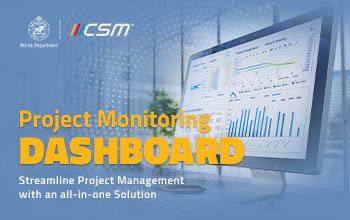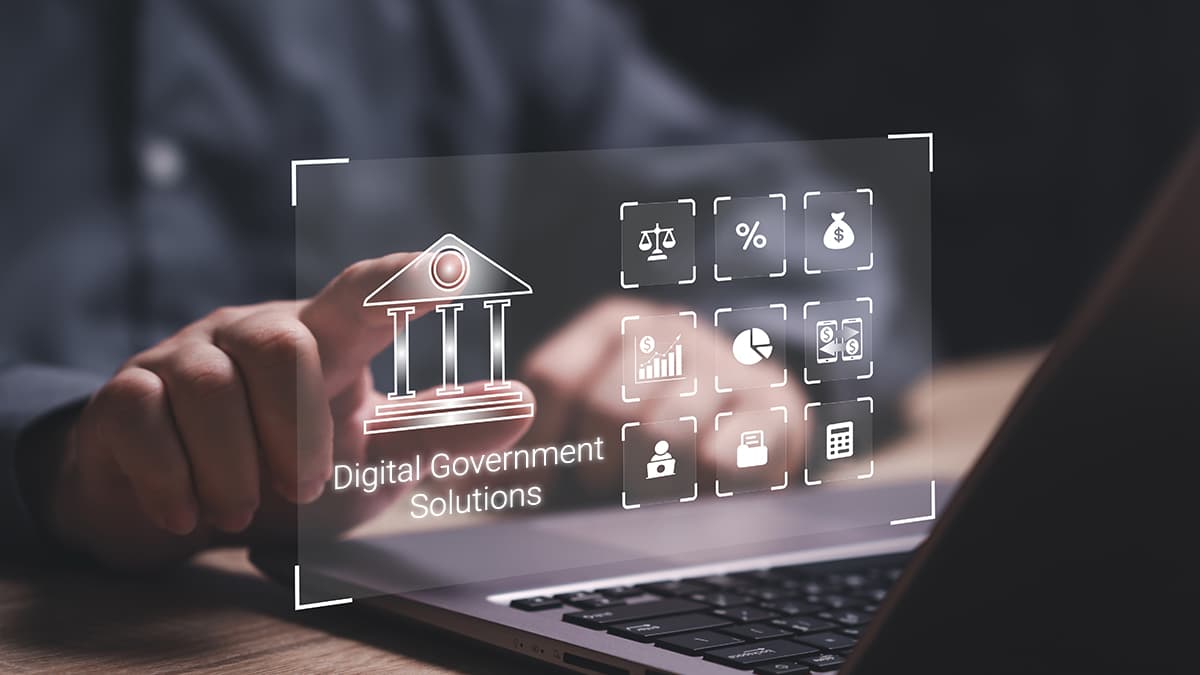.jpg)
Governments worldwide, regardless of size and boundaries, design and deliver healthcare schemes with the best intent and integrity. They also establish efficient monitoring systems to expand coverage and improve outcomes. However, healthcare fraud still siphons billions of dollars globally, costing up to 10% of total healthcare expenditure. Fraud analytics offers a potent solution, enhancing efficiency and performance through advanced data analysis. A prime example is India's Ayushman Bharat Pradhan Mantri Jan Arogya Yojana, the world’s largest government sponsored health insurance scheme. Leveraging Artificial Intelligence (AI) and Machine Learning (ML), this initiative recovered Rs 9.5 crore, disabled 5.3 lakh Ayushman cards, and de-empanelled 210 hospitals for fraud in July 2023.
When and How Fraud Occurs in Healthcare delivery?
Healthcare fraud occurs when individuals or organizations deliberately deceive healthcare providers, insurance companies, or patients to gain financial benefits. Let’s face it- When there are huge funds to be managed, some unscrupulous and manipulative actors will try to game the system and walk away with the share of spoils. Examples of fraud can include phantom billing or billing for unperformed services, submitting bogus claims, or phishing to secure an insured’s sensitive health records data. Such actions lead to improper payments and financial gains for the fraudsters, ultimately driving up healthcare costs for patients and insurers. Healthcare fraud is a grave offense, punishable by fines, imprisonment, and exclusion from government healthcare programs. Addressing this abuse is crucial for maintaining the integrity of healthcare delivery and ensuring patients receive the appropriate care they need. Tackling healthcare fraud not only saves money but also enhances the quality and trustworthiness of healthcare systems.
Why are Traditional Fraud Prevention Systems No Longer as Effective?
.jpg)
In the high-stakes realm of healthcare, the financial and personal ramifications of fraud demand robust safeguards. However, conventional fraud prevention systems are increasingly outpaced by the evolving tactics of bad actors, exposing critical vulnerabilities that jeopardize data integrity and fiscal sustainability.
One glaring pitfall is the prevalence of false positives, where legitimate transactions are mistakenly flagged as fraudulent. This inefficiency not only impedes legitimate operations but also strains resources dedicated to investigating these inaccurate alerts. Compounding this challenge is the static nature of rule-based algorithms underpinning traditional systems. As fraudsters continually innovate, these rigid frameworks struggle to adapt, necessitating reactive manual updates – a time-consuming and inherently retroactive measure.
Furthermore, by primarily drawing insights from historical data, conventional systems are fundamentally ill-equipped to counter novel fraud techniques that defy established patterns. This reactive posture leaves organizations perpetually playing catch-up, exposing them to substantial risks and losses.
Operational constraints also hinder the effectiveness of traditional approaches. Significant human oversight is required to monitor alerts, update rules, and conduct investigations – a resource-intensive attempt that diverts attention from core healthcare priorities. Moreover, the one-size-fits-all nature of these systems fails to account for the nuanced complexities of the healthcare landscape, leading to suboptimal fraud detection strategies.
The Role of AI and ML in Fraud Prevention
AI and ML are revolutionizing healthcare fraud detection and prevention. These technologies can sift through mounds of data to spot both accidental and intentional fraud, such as billing for non-existent services or submitting duplicate claims. By flagging suspicious transactions, AI/ML helps organizations detect fraud more swiftly. Predictive models- another AI/ML application, can identify potential fraudsters or high-risk claims. These models analyze data patterns to predict which claims are likely fraudulent, enabling proactive fraud prevention.
Moreover, AI/ML algorithms can detect unusual patterns, like unexpected billing spikes or atypical provider behavior. However, their effectiveness relies on access to large volumes of high-quality, relevant data. When real-world data is limited due to privacy issues, synthetic data—artificially generated to mimic real-world data—can be used to simulate, train, and test models in a controlled environment. By leveraging AI/ML, healthcare organizations can enhance fraud detection, reduce costs, and maintain the integrity of their services.
How CSM Tech combated fraud in Odisha’s healthcare delivery scheme
.jpg)
CSM Tech has partnered with SAS to integrate fraud analytics into the Biju Swasthya Kalyan Yojana (BSKY), Odisha's comprehensive health assurance scheme. Covering 95% of the state's families and empaneling 946 hospitals across India, BSKY has already facilitated transactions worth Rs 477 crore, benefiting over a million people. The incorporation of SAS Analytics has been pivotal in detecting fraud, such as unusually high billing, excessive claims, and suspicious patient-provider relationships. Additionally, the network analytics component enables seamless document sharing between hospitals, while the case management module enhances the assessment and investigation of cases.
Looking ahead, we're exploring future tech upgrades like deploying blockchain technology in electronic health records. This will ensure encrypted, tamper-proof data storage and easy extraction of patient health data. Moreover, implementing AI for medical document verification will streamline data management and eliminate counterfeit claims.
As healthcare systems evolve, embracing fraud analytics is crucial for safeguarding resources and ensuring the delivery of high-quality care. By staying a step ahead of fraud, healthcare schemes can focus on their primary mission: improving patient health and well-being.


























































We will verify and publish your comment soon.